Fedrigoni invest in RFID market
Published: 2022-03-31 - Categories: NEWS
Fedrigoni buys the majority of Tageos, a French company leader in RFID technology and continues the diversification path with smart labels, becoming the third company in the world in label materials. The demand for RFID and NFC inserts is constantly growing because it allows companies to digitize their product offerings.
About 15 years ago, Alberto Rui, export sales director of our company, did a research on this system applied to the logistics of manufacturing companies.
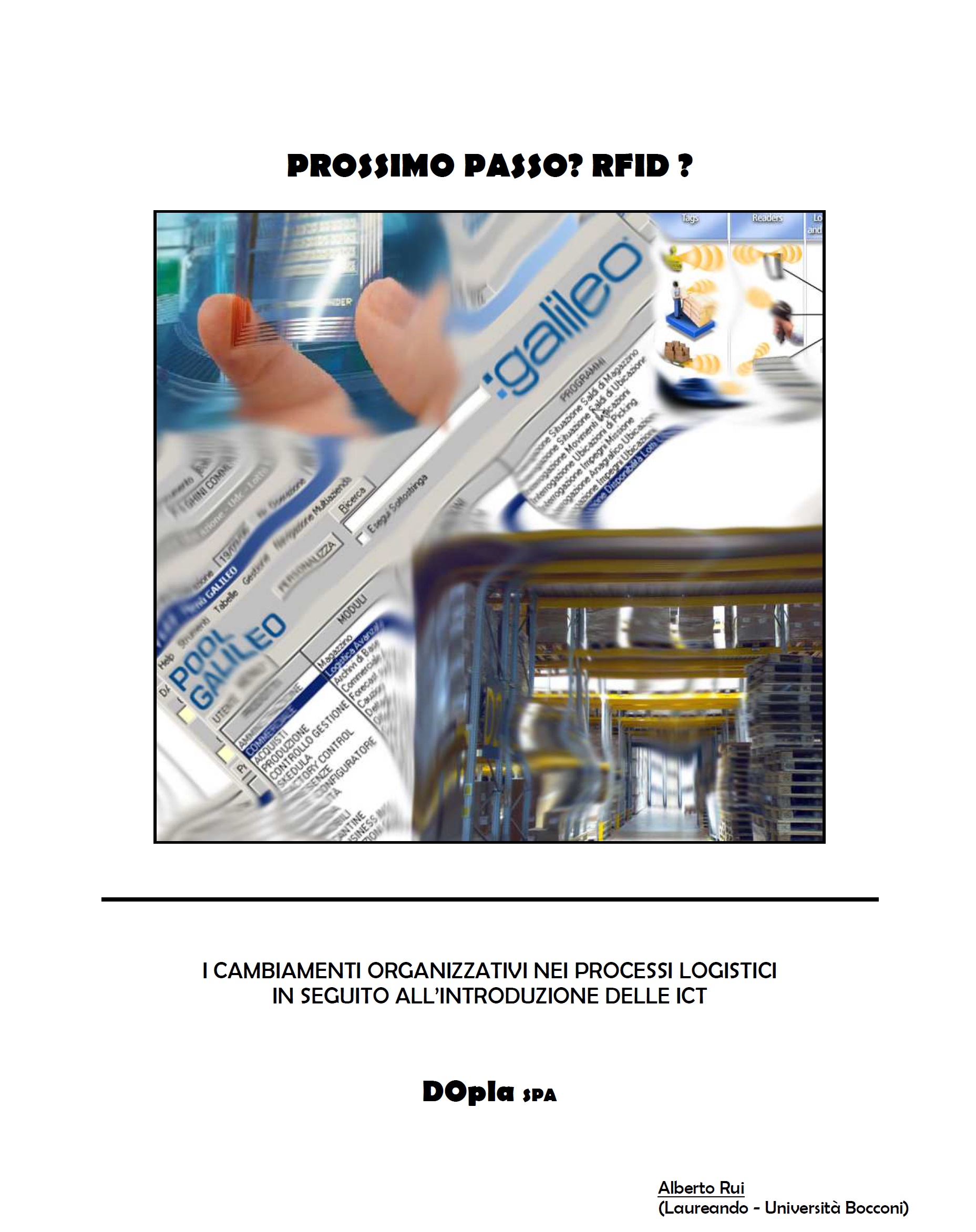
"
RFID - Radio Frequency IDentification - translatable into radio frequency identification, is a technology for the automatic identification of objects, animals or people. The system is based on the remote reading of information contained in an RFID tag using RFID readers.
A tag is able to receive and transmit the information contained in the chip to an RFID transceiver via radio frequency. Today we see an increasing number of uses of this technology in various fields. The peculiarity of RFID is that it can be considered a general purpose technology (such as electricity, wheel, etc.) and has a high level of pervasiveness, i.e. once an application has been found in a point of the supply chain, the application and benefits spread quickly upstream and downstream of it.
In recent years this technology has aroused a lot of interest and is developing in every industrial sector, from the purchase and distribution of logistic services to the industrial, manufacturing and engineering sectors. In the future, we will also see simplified payment systems thanks to this technology.
But what benefits could the implementation of RFID bring?
By applying a tag not only on the logistics label, but on each individual carton out of production, errors would be almost completely reduced even during the shipping phase. In fact, if the system detects an inconsistency between the goods in the order and those that have actually passed under the loading bay (and therefore shipped), it will call the carrier back, thus avoiding long and expensive returns, invoicing and complaints procedures. The possibility of tracing pallets would increase, also facilitating the outsourching of warehouses or when they have already been delivered to customers.
In my opinion, it is also very important that RFID could introduce Lean Production and Just in Time logics, greatly reducing working capital and optimizing the process. Obviously, RFID is not a substitute for the label. The tag must be adapted to the process and the process calibrated to new needs. Pasting only a tag is useless if you do not have an ERP behind it that supports everything and above all a corporate culture at all levels that wants to undertake these difficult changes. Another reason that might make you think about the introduction of this system concerns the added value you want to give to your customers. Working for large-scale distribution, you need to be ready to implement such a structure when large groups require it. Wal-Mart, for example, has already moved in this direction with its suppliers, and so will the various groups in Italy and abroad probably as well. The large-scale retail trade would then use the tag for various reasons within its goods management process. (ease of receipt, dynamic pricing etc ...). However, it remains to be said that the cost of the tag, although it has decreased a lot over the years, is still too high for the product we are talking about.
"
Source: https://www.metaprintart.info/notizie-in-breve/44989-fedrigoni-entra-nella-tecnologia-rfid/
Source: ORGANIZATIONAL CHANGES IN LOGISTIC PROCESSES FOLLOWING THE INTRODUCTION OF ICT (Alberto Rui)

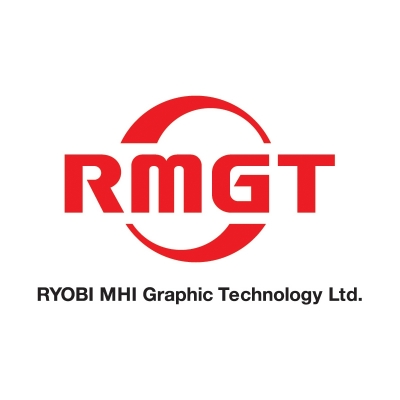 SHEETFED OFFSET
SHEETFED OFFSET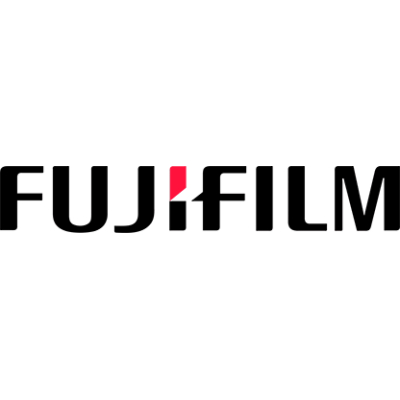 DIGITAL PRINTING
DIGITAL PRINTING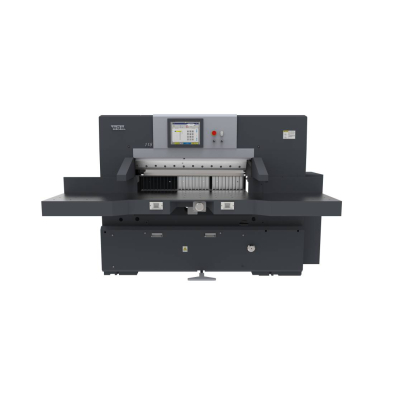 PAPER CUTTERS
PAPER CUTTERS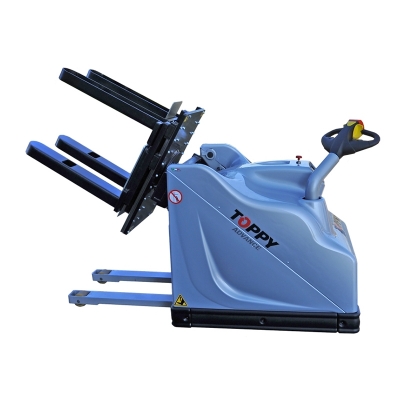 Pile Turners
Pile Turners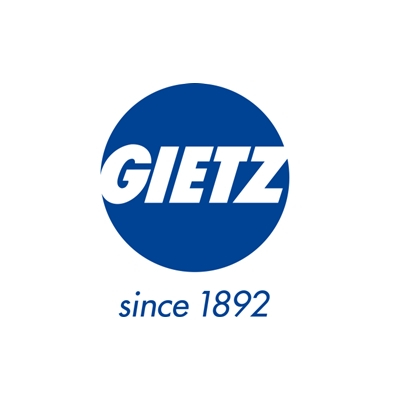 GIETZ
GIETZ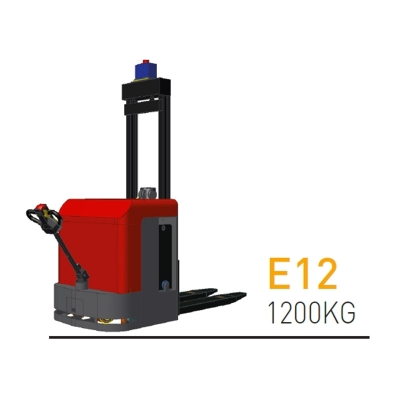 AGV
AGV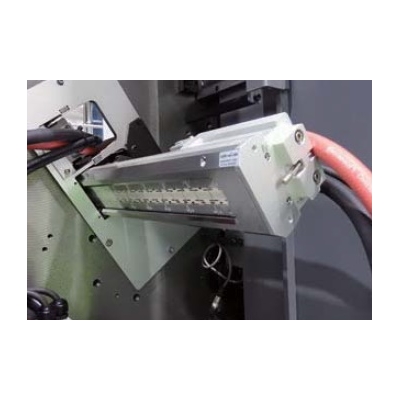 LED UV
LED UV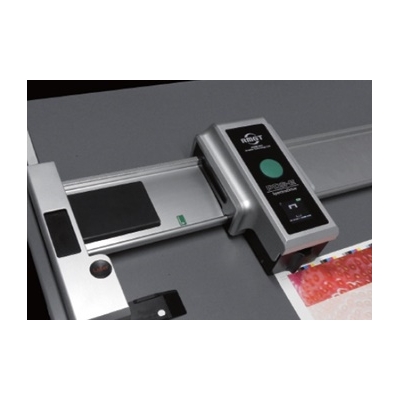 QUALITY CONTROL
QUALITY CONTROL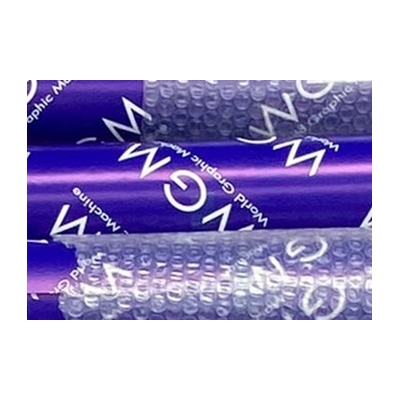 ROLLERS
ROLLERS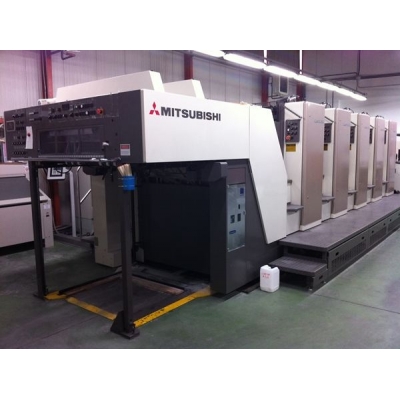 MITSUBISHI
MITSUBISHI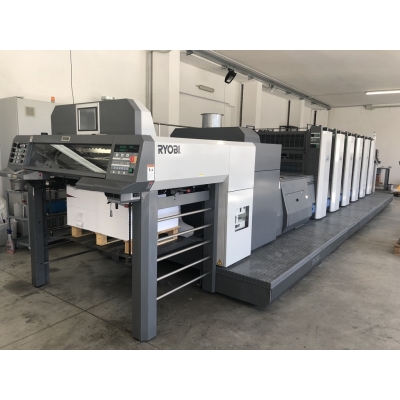 RYOBI
RYOBI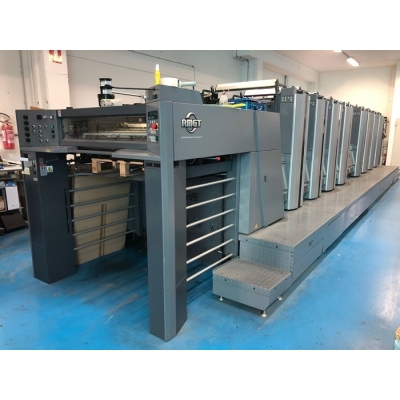 RMGT
RMGT SHEETFED OFFSET
SHEETFED OFFSET CUTTING
CUTTING FOLDING
FOLDING SADDLESTITCHING
SADDLESTITCHING BINDING
BINDING DIE CUTTING
DIE CUTTING VARIOUS
VARIOUS




